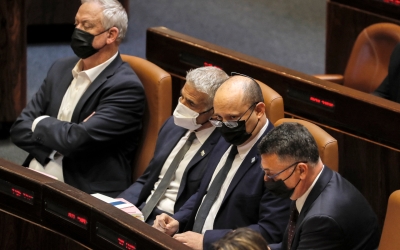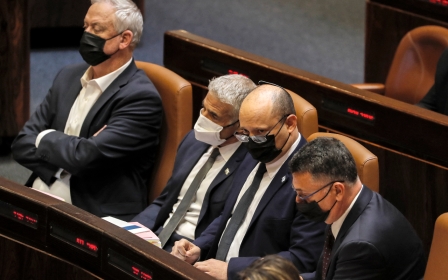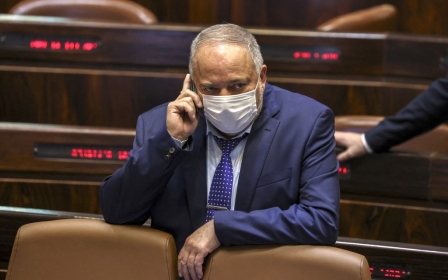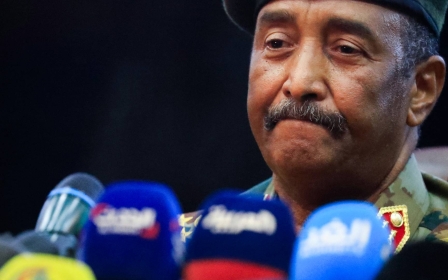Israel's parliament approves 2022 budget in key win for governing coalition

Israel's parliament approved a 2022 national budget on Friday by a vote of 59 to 56, giving a greater measure of fiscal stability to Prime Minister Naftali Bennett's cross-partisan coalition government.
The spending package was ratified after the Knesset had earlier passed on Thursday a belated 2021 budget ahead of a deadline which, if unmet, could have triggered a snap election.
"We've put Israel back on track," Bennett, a right-wing religious nationalist, said on Twitter.
A political stalemate under Bennett's predecessor, Benjamin Netanyahu, had meant that no budget had been approved in more than three and a half years.
The vote is a key victory for the ideologically disparate ruling coalition, preventing its collapse and moving the country towards political stability after years of unprecedented crisis.
The coalition counts on support from right-wingers, centrists, leftists and supporters of political Islam, and controls just 61 of the 120 seats in the Knesset. However, it sustained no defections through nearly 36 hours of continuous budget votes.
Roughly 600 separate parliamentary votes were required to pass the 2021 budget, which forecasts spending at 609bn shekels ($194), with an estimated 573bn shekels ($182bn) package for next year.
Approval of the 2022 spending bill was crucial for the four-year coalition because it stabilises the alliance up to the period when Bennett is due to turn the premiership over to centrist Foreign Minister Yair Lapid in 2023.
Suggestions that the government might fall before Lapid takes power under the power-sharing deal could have unsettled the alliance's left wing, experts said.
"Coalition of change," Lapid, the main architect of the coalition government, tweeted after the final vote.
Netanyahu weakened
During the intensive voting process, now-opposition leader Netanyahu mistakenly voted with the government six times, tweeting after: "It can happen that you get confused when voting. Ask anyone who voted for Bennett."
Netanyahu had vowed to play the role of spoiler for the government that finally brought an end to his 12 years in power.
He has blasted the coalition as "a government of liars" and his camp reportedly lobbied some of Bennett's right-wing allies to vote against the prime minister.
"We must bring down this irresponsible government," Netanyahu told lawmakers as voting started on Wednesday.
His failure to do so could trigger increased calls for a leadership change within his party, Hebrew University political scientist Yonatan Freeman told AFP.
"The passage of the budget will weaken Netanyahu's hold on the Likud party," Freeman said, adding that the veteran ex-premier is likely to face increased calls to clarify his plans for his political future.
Budget deadlock
It was a budget deadlock that sank the last, short-lived coalition led by Netanyahu and his alternate premier Benny Gantz.
Gantz, now Bennett's defence minister, accused Netanyahu of deliberately blocking the budget's passage in December last year to force an election, which the premier hoped would secure him and his right-wing allies an outright majority.
But Netanyahu came up short in the March vote for the fourth time in two years, paving the way for Bennett and Lapid to forge a coalition.
Israel's longest-serving premier, Netanyahu was in office from 1996 to 1999 and again from 2009 until June. He is currently on trial over charges of bribery, fraud and breach of trust.
He denies allegations of accepting improper gifts and illegally trading regulatory favour with media moguls in exchange for positive coverage.
Middle East Eye delivers independent and unrivalled coverage and analysis of the Middle East, North Africa and beyond. To learn more about republishing this content and the associated fees, please fill out this form. More about MEE can be found here.





